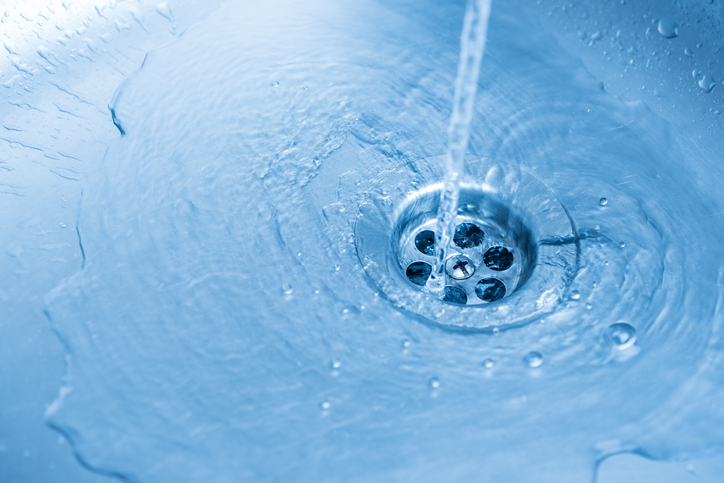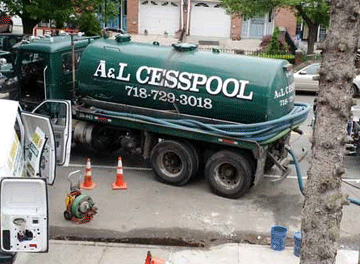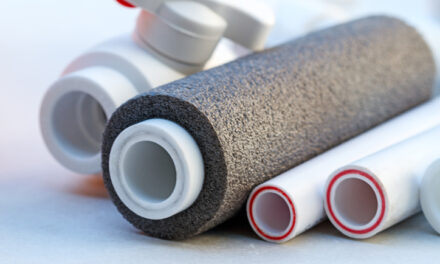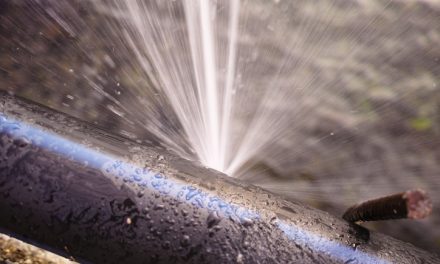Did you know that in addition to your water bill every month, you also get charged for sewer usage? In fact, your sewer bill can be significantly higher than your water bill. That’s because you are paying for the extensive treatment of your wastewater as it enters the sewer system due to changes in environmental regulations. Sewer pipes also must be built in a downward incline, requiring them to sit deeper underground than the pressurized water pipes coming into your home. With a bit of strategic planning, and the tips we lay out for you below, you can lower your sewer bill and save money.
What Is a Sewer Bill?
If you don’t think you have a sewer bill, your water company likely just combines it with your water bill so that you pay it all at once, but you can request an itemized bill that shows you exactly how much you are spending on water and how much you are spending on your sewer. Whether it’s combined or separate, many people are unsure what the difference is between sewer charges and water charges. Think of it this way: you pay for water coming into your home, right? That’s your water bill. However, you also pay for water leaving your home. This water is actually known as wastewater because it has been used and needs to be cleaned and sanitized.
Install Low-Flow Faucets
One simple way to save on your sewer bill is to use low-flow faucets on your sink and in your shower head. A low-flow faucet or shower head controls the flow of water so that you don’t use more than you need. It may take some time to get used to using less water during your shower or while washing the dishes, but the savings over time will definitely be noticeable. As a bonus, you will also cut down on your energy bill by requiring less energy to heat your water.
Take Shorter Showers
Long showers are luxurious and an important part of self-care for some people. However, they also use more water and, therefore, add to your sewer bill. If you can be conscious of how long you spend showering, you can lower your sewer bill considerably. Setting a timer can be extremely helpful to alert you when it’s time to turn off the water.
Turn Off Sink While Brushing Teeth or Washing Dishes
Many of us have the habit of leaving the sink running as we brush our teeth or scrub our dishes. The truth is that the sink is not doing anything but wasting water during that time, even if it’s only a few minutes. Turning off your sink as you do a non-water-related activity like brushing your teeth or scrubbing soap on your dishes is a great habit to get into and is an easy way to save tons of water over time. Turn on the water as you need it and then turn it off when you don’t.
Implement a Rain Sensor on Outdoor Sprinklers
If you have an automatic sprinkler system outdoors, you know that sometimes it turns on right after or even during a rainstorm. Your grass likely doesn’t need extra watering after it just received rain water. Instead of spending money watering your grass when it doesn’t need it, you can install a sensor on your sprinkler system that prevents it from turning on after a rainstorm. Let nature save you some money!
With these simple tips, you will be able to lower your sewer bill as well as your water bill and your bank account will thank you! At A&L Cesspool, our experts can help you evaluate your water usage to find areas where you can easily cut back. As always, if you have any issues with your sewer system, or if you’re not sure why your sewer bill is as high as it is, we are here to help.









